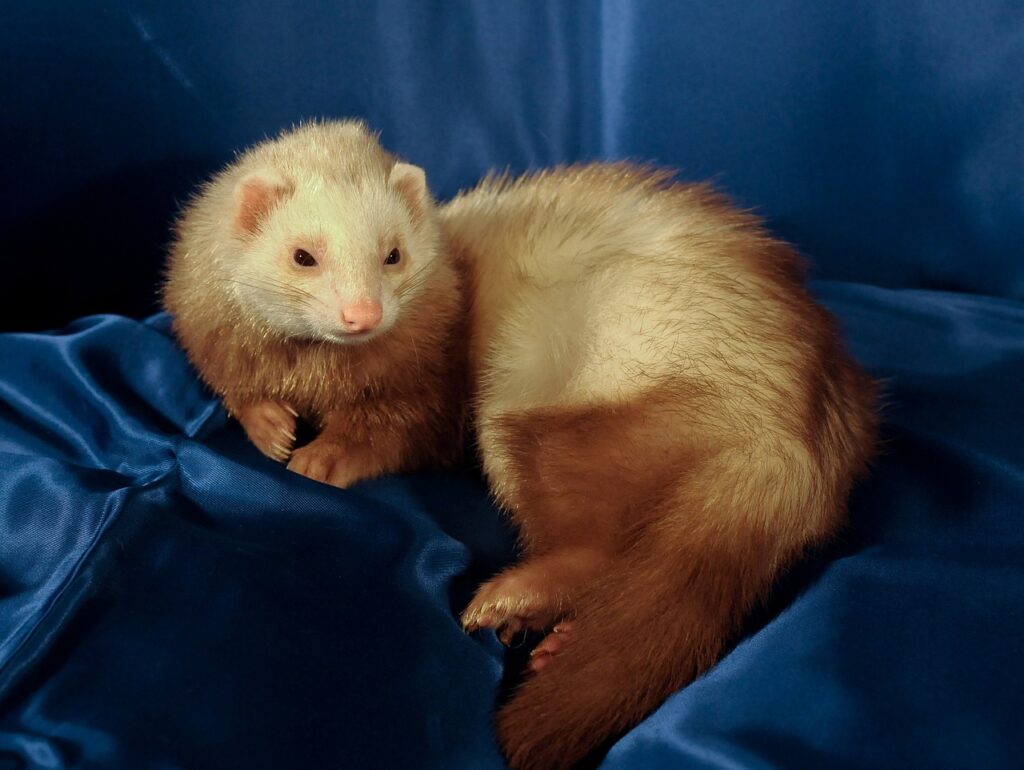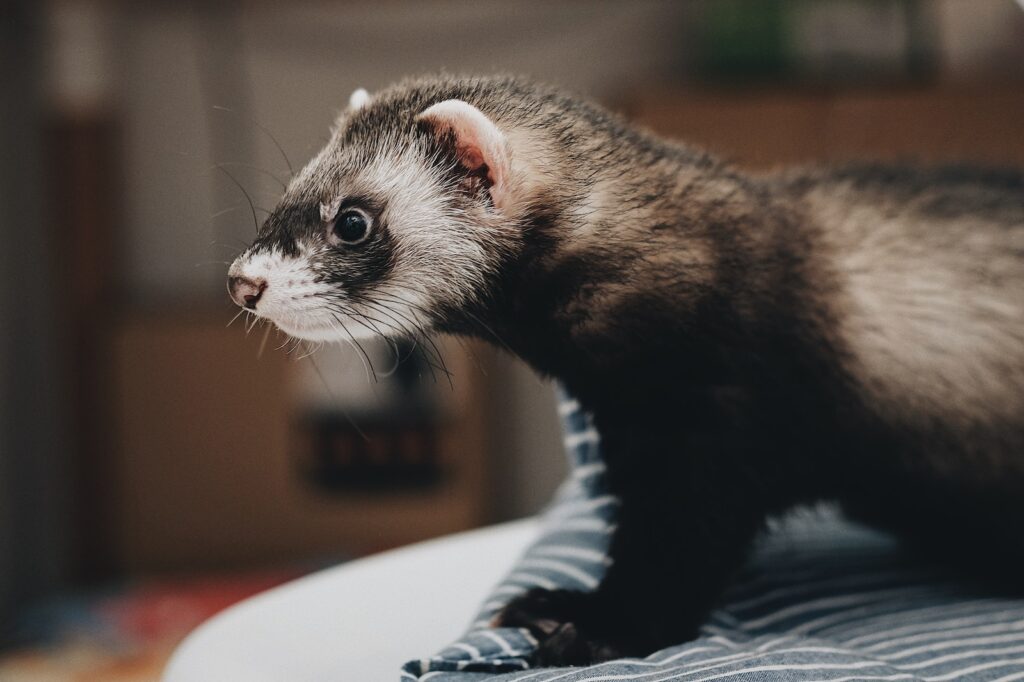Why Oranges Aren’t a Good Treat for Your Ferret
Pet lovers often wonder if their furry friends can share their favorite snacks, like oranges. However, oranges are not a good treat for ferrets. These small, energetic pets have a very different diet from humans, and what’s healthy for us isn’t always safe for them. It’s crucial to understand that a ferret’s digestive system is not built to handle the compounds found in oranges, and that’s why it’s best to avoid giving these citrus fruits to your slinky pals.
The Health Risks of Oranges to Ferrets
Oranges, being high in natural sugars and acidic content, present several health risks to ferrets. These furry creatures have short digestive tracts that are designed for processing meats, not fruits. The acid in oranges can upset a ferret’s stomach, leading to digestive stress. Plus, the sugar content is much too high for their systems, which could lead to obesity or insulinoma, a common pancreatic tumor in ferrets. Oranges also contain essential oils and psoralens, which are toxic to ferrets and can cause severe health issues over time. They really need a diet that’s rich in proteins and fats, and completely free of fruits like oranges.
Signs Your Ferret Ate an Orange and What to Do
If your ferret snuck a bite of orange, you might notice some telltale signs. There could be a sudden onset of diarrhea, or your ferret might vomit. They could seem unusually lethargic or may refuse to eat their regular diet. These symptoms occur because a ferret’s body rejects the fruit. If any of these signs appear, it’s important to give your pet plenty of water to prevent dehydration and to contact your vet for advice. In most cases, the symptoms are temporary, but a professional should always check them out.
Safer Snack Alternatives to Oranges for Ferrets
What should you give your ferret when they’re looking at you with those big, beady eyes? Stick to treats that align with their natural diet. Cooked eggs, bits of plain, cooked meat, or special ferret treats from the pet store are all safe options. These treats keep your ferret’s diet within a healthy range and support their overall well-being. Always keep portions small, as even safe treats can lead to health issues like obesity if given in excess.
Preventing Your Ferret from Eating Hazardous Foods
Keeping your ferret away from harmful foods like oranges is a critical part of pet care. To do this, make sure you secure all food substances that aren’t part of your ferret’s diet. Create a ferret-proof space where they can play and explore safely. When snacking on oranges yourself, do it away from your pet, and ensure you don’t leave any pieces within their reach. Educating family members and guests about your ferret’s diet will also help prevent accidental ingestions. Your vigilance is vital in maintaining your ferret’s health.
Conclusion
To wrap it up, though it might be tempting to share your juicy orange with your ferret, it’s important to refrain for their health’s sake. Instead, provide them with a diet that’s suitable for their digestive system, offer safe treats occasionally, and keep a vigilant eye to prevent them from accessing harmful foods. Remember that responsible pet care includes knowing what’s best for your ferret’s unique dietary needs. By doing so, you’ll help ensure your ferret stays healthy, happy, and part of your family for years to come.



